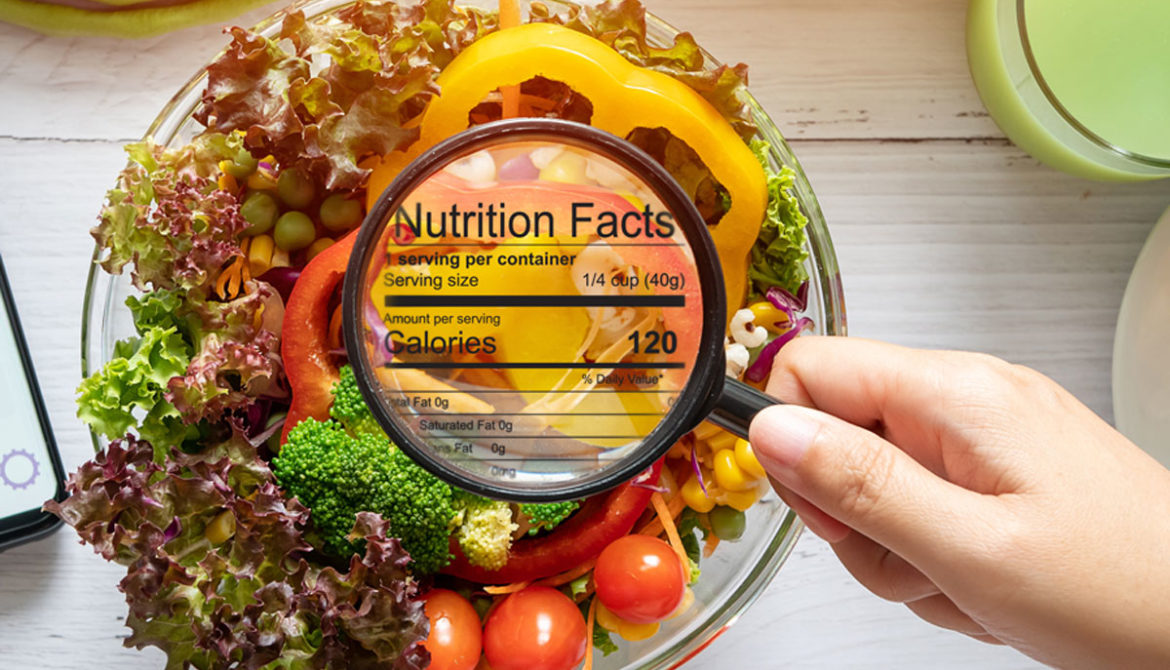6 Easy Ways to Improve Your Diet
Nutrition is the key to health. A 65 year old does not have the same nutritional needs as a 35 year old. Mark Mercure, a Certified Geriatric Pharmacist, explains the different nutritional strategies that older adults need to focus on.
Older adults face so many obstacles on the road to eating healthy. First, they often need to eat fewer calories than when they were younger in order to maintain a healthy weight, but they need just as many nutrients. Appetite naturally decreases with age, along with the senses of taste and smell. Older adults are also more likely to take medications which can cause nutrients to be poorly absorbed, or a dry mouth, or can contribute to weight gain, all of which work against the older adult who is trying to eat healthy. All of this makes it seem like the deck is stacked against an older adult who wants good nutrition.
But there is hope! We can look at the most common nutritional problems that arise for older adults, and make small changes now to steer clear of trouble. I will focus on ONE important change that older adults to make for each of six nutrient categories.
Fat
The biggest change that older adults to make is to improve the QUALITY of the fat in their diet. There are different types of fat.
- Trans-fat – If a nutritional label says that the product contains trans-fat, do not buy it or eat it.
- Saturated fat – Saturated fat is found in cheese, meat, cookies, and ice cream. It’s okay to eat a little bit, but try to substitute to unsaturated fat whenever you can.
- Unsaturated fat – This type of fat is best for older adults because it can reduce cholesterol levels and calm inflammation. You will find these in avocados, nuts, seeds, canola and olive oil, and fish. If you don’t eat enough of these foods, you could likely benefit from an Omega-3 supplement. Omega-3 is an important kind of unsaturated fat with lots of health benefits.
Bottom line for seniors: Shift from saturated to unsaturated fats as much as possible.
Carbohydrates
Carbohydrates are easy to find. Maybe too easy. They provide the body with energy, but too much of course will cause weight gain. Again, QUALITY is the key. When you eat foods that provide carbohydrates, you want to be getting other nutrients at the same time. The best sources of carbohydrates for older adults are vegetables, fruit, and whole grains because they come packed with vitamins, minerals, and especially fibre. When foods are refined, or “processed”, they are often stripped of the fibre, and only the sugary carbohydrates are left. Eating lots of these types of processed carbohydrate foods (white bread, pasta, sugary drinks and candy) will cause blood sugar spikes, inflammation, and lead to health problems. Also, not getting enough fibre can cause intestinal problems and constipation in older adults. If your diet is lacking in fibre like most seniors, you might benefit from a fibre supplement.
Bottom line for seniors: Eat minimally processed foods, to get more fibre and less sugar.
Protein
Older adults need a relatively HIGHER amount of protein than younger adults. It can be hard for older adults to eat enough protein because of decreased appetites, so QUANTITY is important when it comes to protein. Meat is a great source of protein, but beef and pork often come served with lots of saturated fat and sodium. The healthiest sources for protein are often fish and lentils. Because a deficiency in protein can lead to increased risk of infections, fragile skin, weakness, and longer healing times, it is key that older adults get enough of this nutrient. Beneprotein is an instant protein powder that can be mixed into hot or cold drinks, or sprinkled on soups, cereal, or mashed potatoes to get older adults the additional protein that they need.
Bottom line for seniors: Focus on getting enough protein each day.
Vitamins
There are lots of vitamins of which are important to the overall health of older adults. The one vitamin that older adults should focus on is vitamin D. Most Canadians (60%) have levels of vitamin D which are below what is needed for overall health and disease prevention! And seniors are MORE at risk of low vitamin D levels than the average Canadian. Clearly, even an above average diet is not good enough at providing the proper amount of vitamin D in Canada. Supplementation is necessary to correct this deficiency. Vitamin D strengthens bones and muscles, boosts immunity, improves mood, reduces inflammation, and improves heart function.
Bottom line for seniors: Even with a great diet, a Vitamin D supplement is very beneficial.
Minerals
Just like vitamins, there are a whole variety of minerals which are needed in the diet to maintain health and prevent illness. The most important ones to look for in abundance are calcium, copper, iron, potassium, phosphorus, magnesium, selenium, and zinc. The one to AVOID is sodium, because it is found in most processed foods, deficiency is very rare, and too much can contribute to high blood pressure. The easiest way for older adults to get the minerals that they need, without too much of the sodium that they don’t need, is to eat nuts. Nuts also contain healthy unsaturated fat and fibre as an added bonus.
Bottom line for seniors: Make unsalted nuts (walnuts, almonds, cashews) your healthy snack.
Water
Yes, water is an essential nutrient, and dehydration is a real problem for older adults. Older adults are less likely to feel thirsty, and therefore they often do not drink enough water. Some people are reluctant to drink lots of water because of a urinary incontinence problem, or they make take diuretics which also does not help. The recommended amount of water is 1.7 litres each day, which is more than most people will drink. Drinking less than this amount can cause dry mouth, dizziness, weakness, dark urine, constipation, and kidney stones. A good way to tell if you are drinking the right amount of water is to measure out 1.7 litres each morning into a pitcher, and see if you finish drinking it by the end of the day.
Bottom line for seniors: Drink water as your go-to beverage with each meal.
Following these six easy suggestions should bring the most benefits with the least amount of effort, and help older adults maintain proper nutrition and good health..

Mark Mercure is certified by the Board of Pharmacy Specialties in Geriatric Pharmacy and is the owner/manager of Home Health Care Pharmacy. He specializes in providing comprehensive medication reviews which help patients optimize medication use and avoid drug-related issues.

